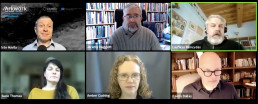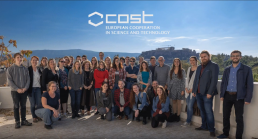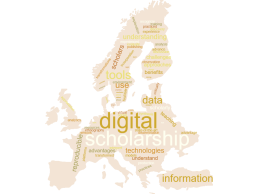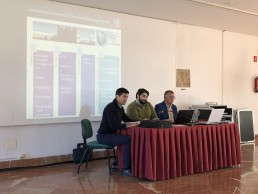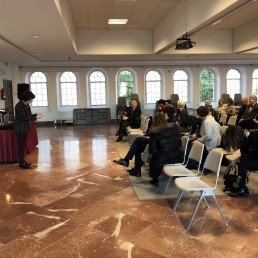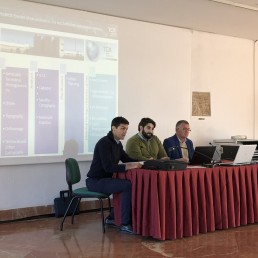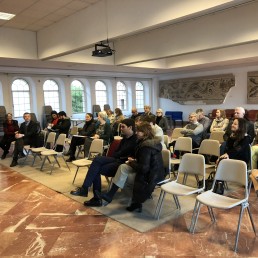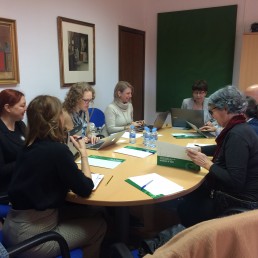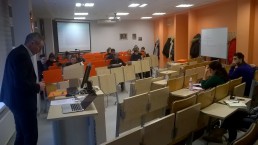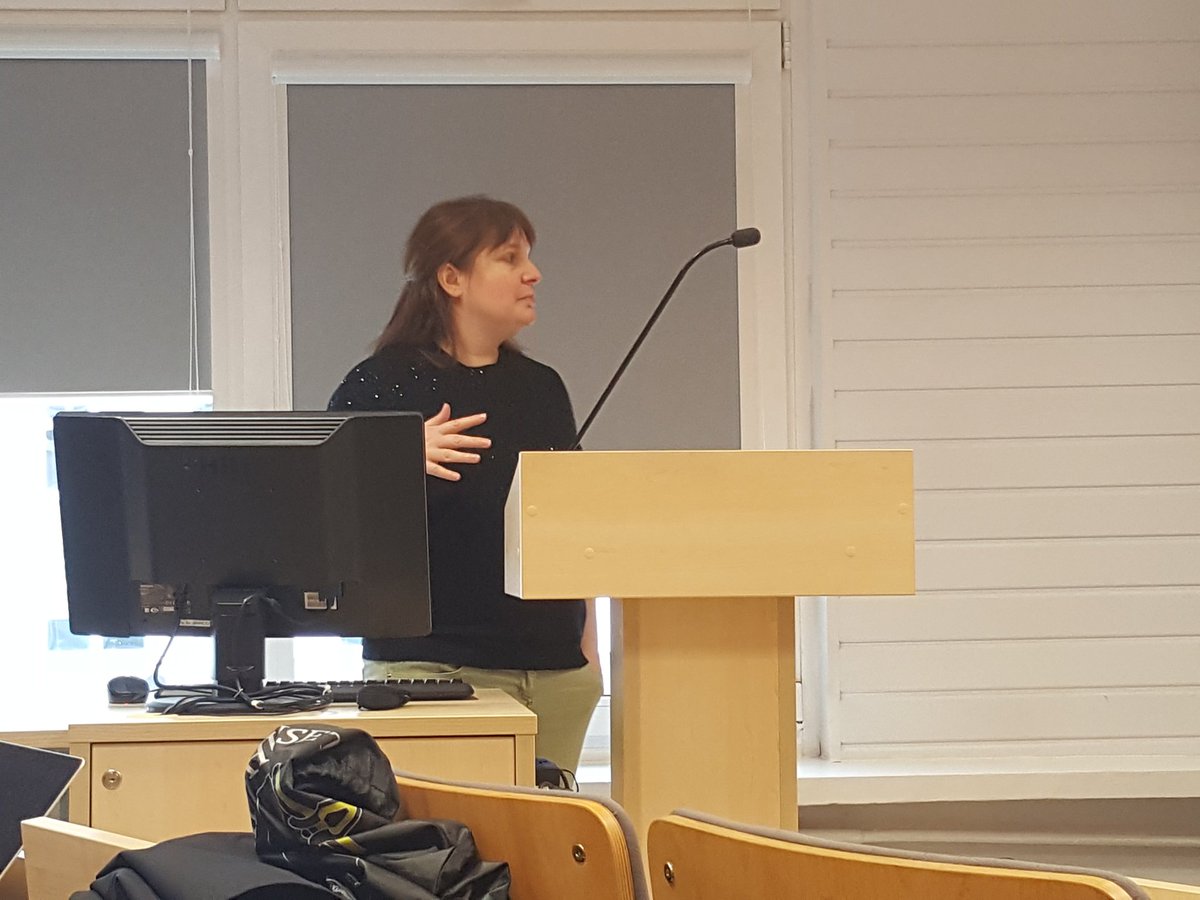Final conference materials online
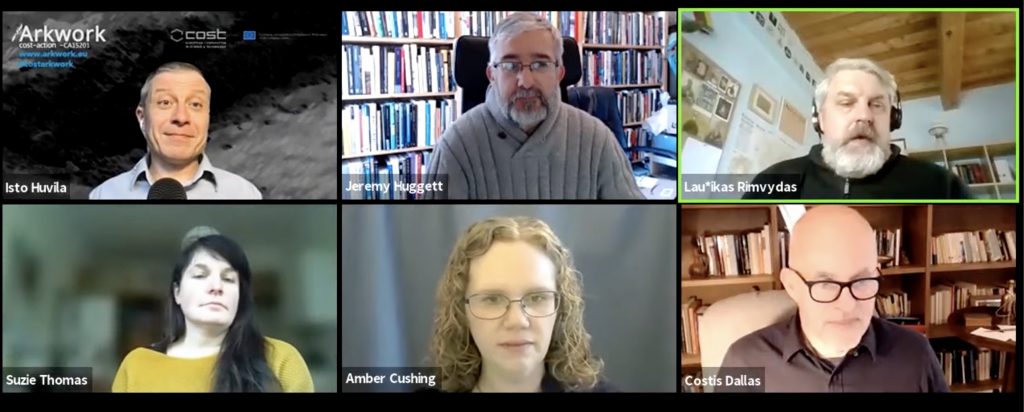
Recordings and slides from the Final Conference (Feb 10, 2021) are available on the conference webpage at https://arkwork.eu/activity/final-conference/
COST-ARKWORK Final Conference
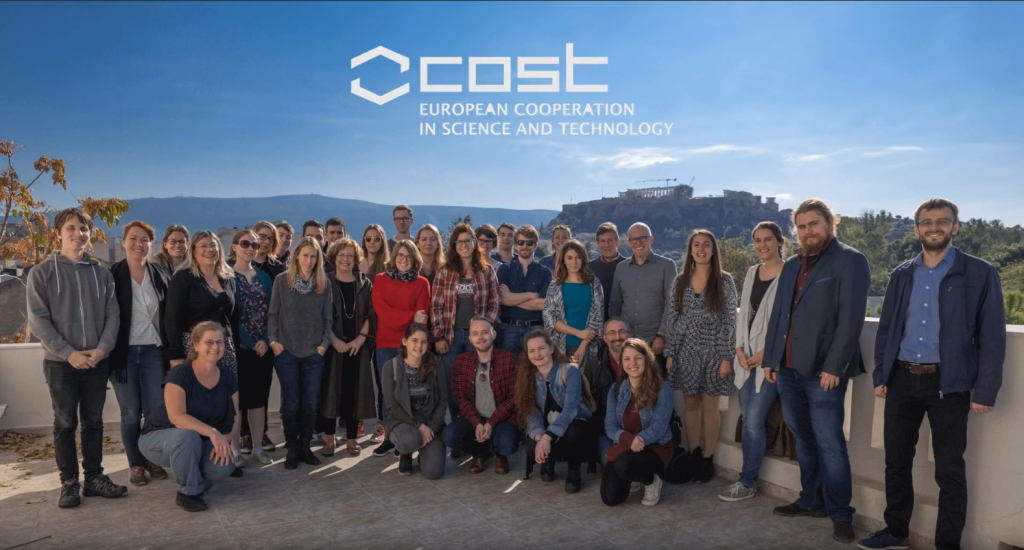
COST-ARKWORK is a network funded by the COST scheme that brings together the multidisciplinary work of researchers of archaeological practices in the field of archaeological knowledge production and use. The aim of the network is to make a major push forward in the current state-of-the-art in knowing how archaeological knowledge is produced, how it is used and how to maximise its positive impact in the society. The focus of ARKWORK is on training the next generation of scholars and stakeholders by involving future leaders of research but also high profile experts employed by the industry and public organisations through events and visits to foreign institutions is a key to the longevity of the outcomes.
After four years of intensive work, COST-ARKWORK invites participants to an online final conference on Feb 10, 2021. The programme consists of keynote lectures, showcasing of the work conducted in the network, an industry forum roundtable, and an open forum for presentations of work related to archaeological practices and knowledge work in the digital environment.
More about the conference at the conference web page at https://arkwork.eu/activity/final-conference/
COST Action ARKWORK CA15201 Training School 2020 (Cologne, 4th-7th February) - Call for Trainees
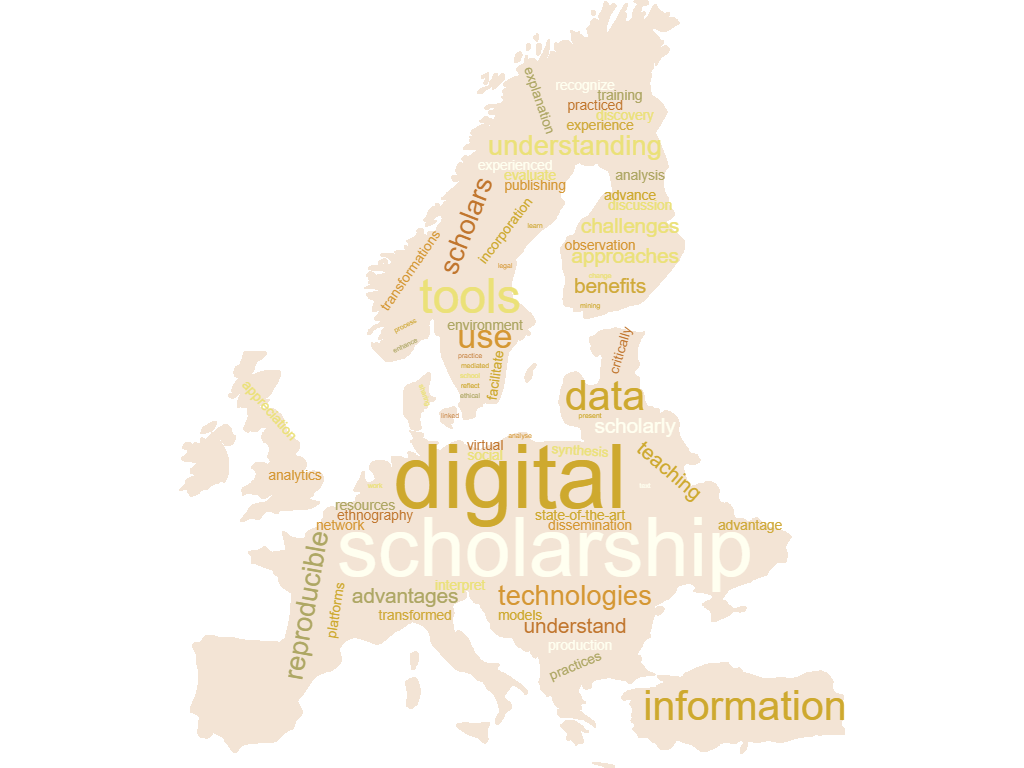
Methods of Digital Scholarship
Date & Location: Cologne, Germany, 4-7 February 2020 (4 days)
Local Host: Institute of Archaeology, University of Cologne, http://archaeologie.uni-koeln.de/31254.html
Venue: Cologne Digital Archaeology Laboratory, CoDArchLab, Institute of Archaeology, Kerpener Straße 30, 50931, Cologne (entrance from Weyertal St.)
About this Training School
The training school will acquaint participants with state-of-the-art methods and tools for digital scholarship. You will learn through lectures, practical classes, group work and discussion workshops how digital technologies facilitate, enhance and change scholarly practices and knowledge production. You will become familiar with established and emerging methods for data modelling, data mining and text analytics and you will get hands-on experience in working with linked open data, digital tools for reproducible research and platforms for sharing research and teaching resources. Furthermore, you will learn how to use network analysis, social media and virtual ethnography to advance your scholarly work and will reflect upon ethical and legal issues in digital research.
Learning outcomes:
By the end of the training school, you will:
- understand the benefits and challenges in using different methods and tools for digital scholarship
- evaluate and use a variety of appropriate models and methods for data modelling, data mining and text analytics
- identify, select and use appropriate platforms for sharing research and teaching resources
- use digital tools and methods to extract, analyse, present and interpret information for the production of scholarly knowledge
- recognize the advantages of reproducible research and take advantage of currently available methods for performing and publishing data analyses in a reproducible manner
- critically reflect upon the legal and ethical issues of digital research
Practical details:
The duration of this Training School is four working days. Grants will be provided for accepted participants as a contribution to the travelling costs, accommodation (5-days) and subsistence during the Training School (450 EUR for those coming from Germany, the Netherlands, Belgium and Luxembourg; 550 EUR for those coming from Austria, France, Switzerland and the Czech Republic; 700EUR for those coming from all other eligible countries). If participants, for any reason, are unable to attend all four days of the school, the grant will be reduced accordingly. There are no registration fees.
Organised by ARKWORK (https://www.arkwork.eu)
This COST-Action (https://www.cost.eu/actions/CA15201/#tabs|Name:overview) brings together the multidisciplinary work of researchers of archaeological practices in the field of archaeological knowledge production and use. The aim of the network is to make a major push forward in the current state-of-the-art in knowing how archaeological knowledge in a digital environment is produced, how it is used and how to maximise its positive impact on society. The focus of ARKWORK is on training the next generation of scholars and stakeholders by involving future leaders of research as well as high profile experts employed by the industry and public organisations.
Who should apply:
Researchers at different ranks are eligible to apply to the training school, including graduate and PhD students, postdoctoral researchers and professionals. Researchers from any branch of archaeology, as well as information science, archival science, informatics, computer science, culture studies, anthropology, sociology of knowledge, and other disciplines are welcome to apply, provided that they have an interest in archaeological practices and knowledge work in the digital environment.
Eligibility
Those who work/attend an education programme, or have citizenship/residency in the following states:
COST Full Members: Austria, Belgium, Bosnia and Herzegovina, Bulgaria, Croatia, Cyprus,
Czech Republic, Denmark, Estonia, Finland, France, Germany, Greece, Hungary, Iceland, Ireland, Italy, Latvia, Lithuania, Luxembourg, Malta, Montenegro, The Netherlands, Norway, Poland, Portugal, Romania, Serbia, Slovakia, Slovenia, Spain, Sweden, Switzerland, Turkey, United Kingdom and the Republic of North Macedonia.
COST Near Neighbour Countries: Albania, Algeria, Armenia, Azerbaijan, Belarus, Egypt, Georgia, Jordan, Lebanon, Libya, Moldova, Morocco, the Palestinian Authority, Russia, Syria, Tunisia, and Ukraine.
European RTD Organisations: European Organisation for Nuclear Research, European Fusion Development Agreement, European Molecular Biology Laboratory, European Space Agency, European Organisation for Astronomical Research in the Southern Hemisphere, European Synchrotron Radiation Facility, European XFEL Free-Electron Laser Facility, Institut Laue Langevin.
Applicants to the training school should submit:
- A motivation letter, not exceeding 300-500 words. This must include a clear indication of experience relevant to the topic of the training school; provide a rationale of why you are interested in the training school and how you envisage the training school contributing to your learning and research objectives.
- A short CV (2 pages max)
- An indication of whether you would like to be considered for funding
Please send your application to: Sebastian Hageneuer, [email protected]
For questions, please write to: Prof. Dr. Eleftheria Paliou, [email protected]
The applicants will be informed about the result of their application via Email by November 29th. Applicants that will not receive a grant, but do receive an invitation can participate with their own or their institute’s funding.
Closing date for applications: 15th November, 2019
The call for contributions to a special JCAA issue on Digital Scholarship in archaeology is now open!
Special Issue on Digital Scholarship in archaeology
The call for contributions to a special JCAA issue on Digital Scholarship in archaeology is now open!
The JCAA is a peer-reviewed, open access, electronic journal, featuring papers in all the disciplines related to digital archaeology, including 3D modelling, spatial analysis and remote sensing, geophysics, other field recording techniques, databases and semantic web, statistics and data mining, simulation modelling, network analysis and digital reconstructions of the past.
This prospective JCAA special issue aims to facilitate discussion on the theoretical and philosophical aspects of digital scholarship in archaeology as well as the implications of the use of digital technologies and computational methods across the extent of the archaeological knowledge chain: from discovery, through observation, explanation, and dissemination. How are research, synthesis, practice, and teaching within archaeology mediated and transformed by digital approaches?
Deadlines: June 15th (abstracts), December 31st (full papers)
More info here.
Workshop "What are archaeological practices" in Aveiro
On the 5. and 6. October we met in beautiful Aveiro to discuss what archaeological practices are and to meet in the working grops. The event was hosted by the University of Aveiro. Here you can find two of the insightful presentations that we heard in the workshop.
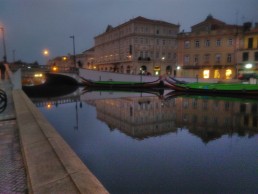
COST-ARKWORK meeting in Vilnius
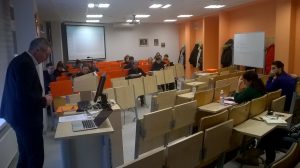 COST-ARKWORK is organising a joint meeting of all working groups, exploratory workshops for WG3 and WG4 for mapping the issues pertaining to the topics of these two groups, and a management committee meeting for the action in Vilnius, Lithuania. The event is hosted by the Faculty of Communication, Vilnius University.
COST-ARKWORK is organising a joint meeting of all working groups, exploratory workshops for WG3 and WG4 for mapping the issues pertaining to the topics of these two groups, and a management committee meeting for the action in Vilnius, Lithuania. The event is hosted by the Faculty of Communication, Vilnius University.
Meeting in social media
- Storify of COST-ARKWORK Vilnius meeting available.
Keynote presentations at the WG3 and WG4 Exploratory Workshops
- Dr. Suzie Thomas, University of Helsinki, FI : Non-professional engagements with archaeology: Problems, Prospects and Possibilities (PDF)
- Dr. Henriette Roued-Cunliffe, University of Copenhagen, DK : Participatory Heritage and amateurs (PDF)

